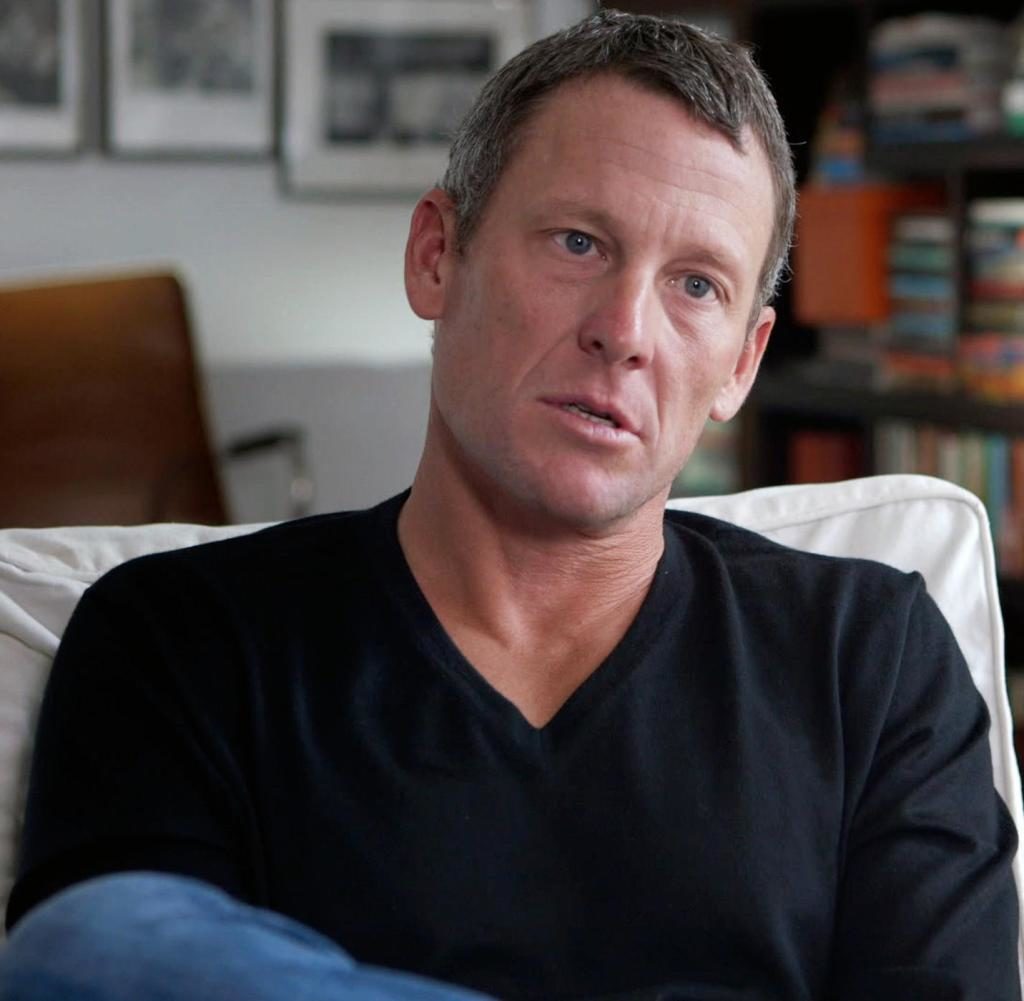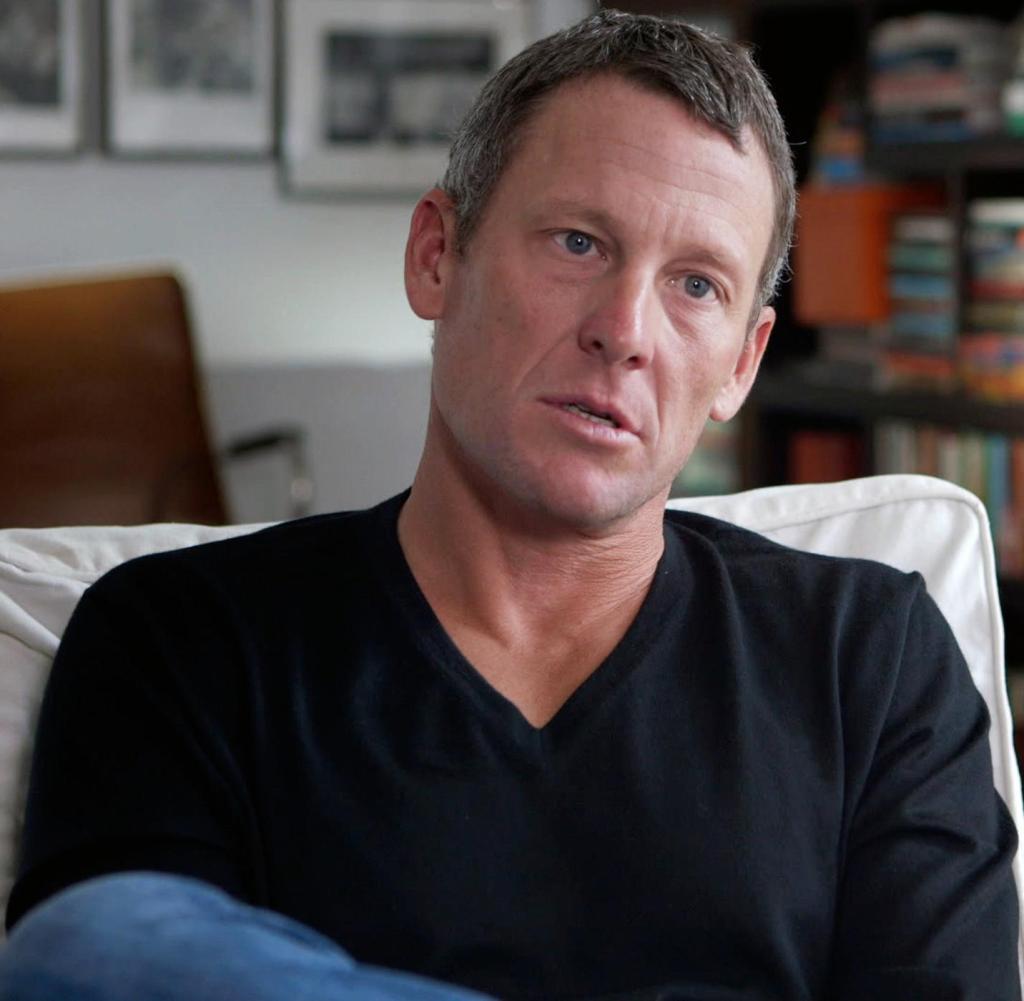The intersection of two stories this week caused me to examine the media’s appetite to pander under the guise of “coming clean.”
After weeks of rumor and speculation, former seven-time Tour de France winning cyclist Lance Armstrong admitted to Oprah Winfrey that he used performance-enhancing drugs to achieve his victories.

In listening to Armstrong’s confessional, I wasn’t so much interested in his cheating as I was about the source of that cheating.
“Was it humanly possible to win the Tour de France without doping, seven times?” Winfrey asks.
“Not in my opinion. I didn’t invent the culture, but I didn’t try to stop the culture,” Armstrong said.
In a win-at-any-cost culture, it was expected.
For Armstrong, cheating was equivalent to having air in your tires and water in your bottle. It’s the same culture that may have influenced long-suspected (but not convicted) drug users Roger Clemens, Barry Bonds and Sammy Sosa. It was certainly a culture that influenced former Olympic runner Marion Jones, who was stripped of her medals after she admitted to using steroids.
Today, more than ever, we live in a culture that not only prizes high achievement but demands higher, better, faster, and more from those high achievers, particularly athletes. And with athletes, individual heroes esteemed by millions of youth, the allegations followed by denials followed by the inevitable admissions, sadly lead to a corrosive form of cynicism: “See, they’re all liars!”
It’s a similar culture that motivated former Washington Post journalist Janet Cooke who won a Pulitzer Prize after inventing a story about an 8-year-old heroin addict; and former New York Times reporter Jayson Blair who blatantly fabricated dozens of dramatic stories until he was exposed.
The Armstrong admission has been building momentum for some time now. In the last month alone, the media has whipped this single story into a firestorm of outrage. Type “Lance Armstrong” into a Google search bar and you will find (no joke) more than 1 billion links.
Reports can be divided in two parts: before and after the confession.
B.C. –
January 4: Armstrong Doping Admission Could Be Coming Soon… (Huffington Post)
January 5: If Lance Armstrong is coming clean, he owes hundreds of apologies to those he bullied (Yahoo News)
January 17: World awaits Oprah’s Lance Armstrong interview… (CNN)
A.C. –
Jan. 18: Lance Armstrong… More skepticism than sympathy(CBS)
Jan. 18: Insurer studies legal options after Armstrong admits doping (L.A. Times)
Jan. 18: Armstrong may not escape legal repercussions… (NY Daily News)
Caught-up in the current slip-stream of cynicism is Heisman Trophy runner-up, linebacker Manti Te’o, (only 1.5 million Google hits).
While the story is still evolving, what we know at this point is that Te’o claims to be the victim of an Internet hoax where he connected with a young woman by way of social media, then was led to believe she had died of leukemia.
On Wednesday (Jan. 16), Te’o released his own statement:
“This is incredibly embarrassing to talk about, but over an extended period of time, I developed an emotional relationship with a woman I met online. We maintained what I thought to be an authentic relationship by communicating frequently online and on the phone, and I grew to care deeply about her.
“To realize that I was the victim of what was apparently someone’s sick joke and constant lies was, and is, painful and humiliating.”
While an investigation is currently underway, a Los Angeles Times article carried the following: Manti Te’o hoax: Do you believe he is a victim? [Poll]
We now have an apparently credible news organization asking the public their opinion based on extraordinarily incomplete information: “Do you believe Manti Te’o was the victim of a hoax?”
Of the more than 11,000 votes cast, a little more than 68% believe, “No, he knew about it all along.” Only 17 percent believe he was a victim, and 15 percent believe “we will neverknow for sure.”
Let me be clear. I’m for holding influential people accountable for their words and actions.
However, in the case of Lance Armstrong, of equal concern to me is this: When is enough, enough? How many interviews with those he harmed; how many opinions by legal experts, public relations experts, and psychologists, do we need to hear in order to understand one fundamental fact:
Lance Armstrong repeatedly lied about using drugs, and those lies not only impacted the sport of cycling, but sponsors, other riders, friends, fans, as well as his own non-profit cancer foundation.
In the case of Manti Te’o: We need to let the facts come out through an impartial and thorough investigation, Period.
Instead of continuing to replay Armstrong’s denials as counterpoint to his recent statements, what the media should be asking is this:
– Where do we go from here?
– How can sports be cleansed of drug use?
– More importantly, how do we move from a win-at-any-cost culture to one that honors the pursuit of excellence, even when that excellence doesn’t result in first place?
“As a teacher,” ethicist Michael Josephson says, “[the press] should inform, clarify and explain about matters of social consequence… without pandering unduly to public dispositions to be entertained and titillated, (emphasis added).
Perhaps newsman Edward R. Murrow summed it up best: “We cannot make good news out of bad practice.”
Comments











